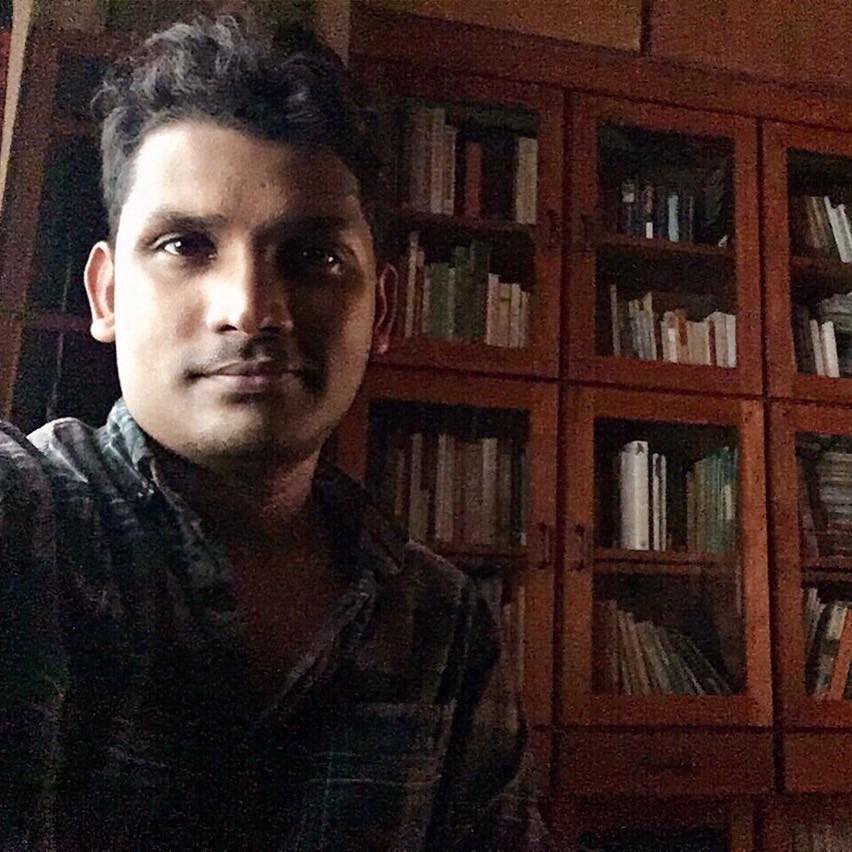
‘As soon as you believe in a name, you enact idolatry….As soon as you have turned the relational action of the word into a noun that you believe in, you have committed the mistake of misplaced concreteness…. you mistake the name for the world’
(Haraway & Schneider, 2005, p.156)
Naming, acronymising, and nouning are non-innocent practices. If we attend to the speed at which new identities emerge and re-emerge in the trans and queer communities, it is as though someone placed these identities in a nuclear fission reactor. This kind of proliferation of identities is a sign of how concretising of identities will always position us in a perpetual mode of identity production and re-production. For instance, BAME, BIPOC, or LGBTQIA+, do certain things to different bodies in diverse contexts. They have the potential to open up certain worlds when situated, whilst dull others when misplaced. As in the words of Les Back and Nirmal Puwar (2012, p.10) ‘the idea is to generate better questions rather than fixed answers’. What do these naming practices do? What does the temporal concretising enable and what does it shut down? Some questions worth asking.

Sid Mohandas is a former Montessori educator and teacher trainer, who is currently doing his doctorate at Middlesex University investigating gender in Montessori spaces using feminist ‘new’ materialist and decolonial onto-epistemologies.
Reference
Back, L. & Puwar, N. (2012) A Manifesto for Live Methods: Provocations and Capacities. The Sociological Review, 60 (1), 6–17, DOI: 10.1111/ j.1467-954X.2012.02114.x
Haraway, D.J. & Schneider, J. (2005) Donna Haraway: Live Theory. New York: Continuum.